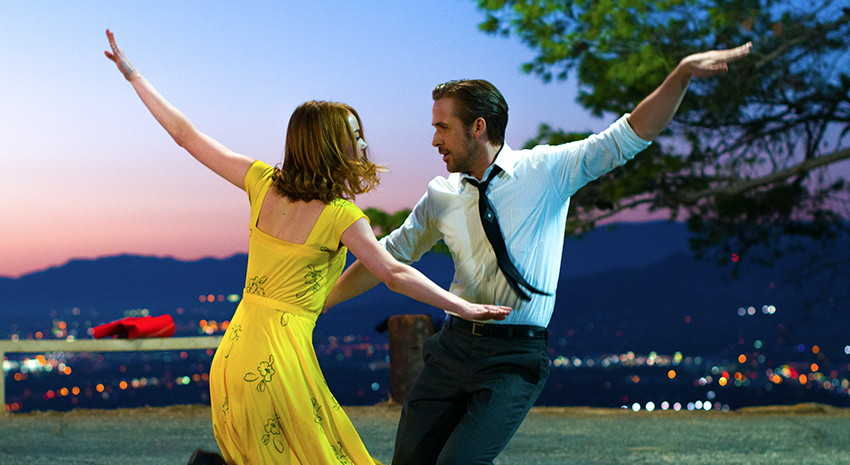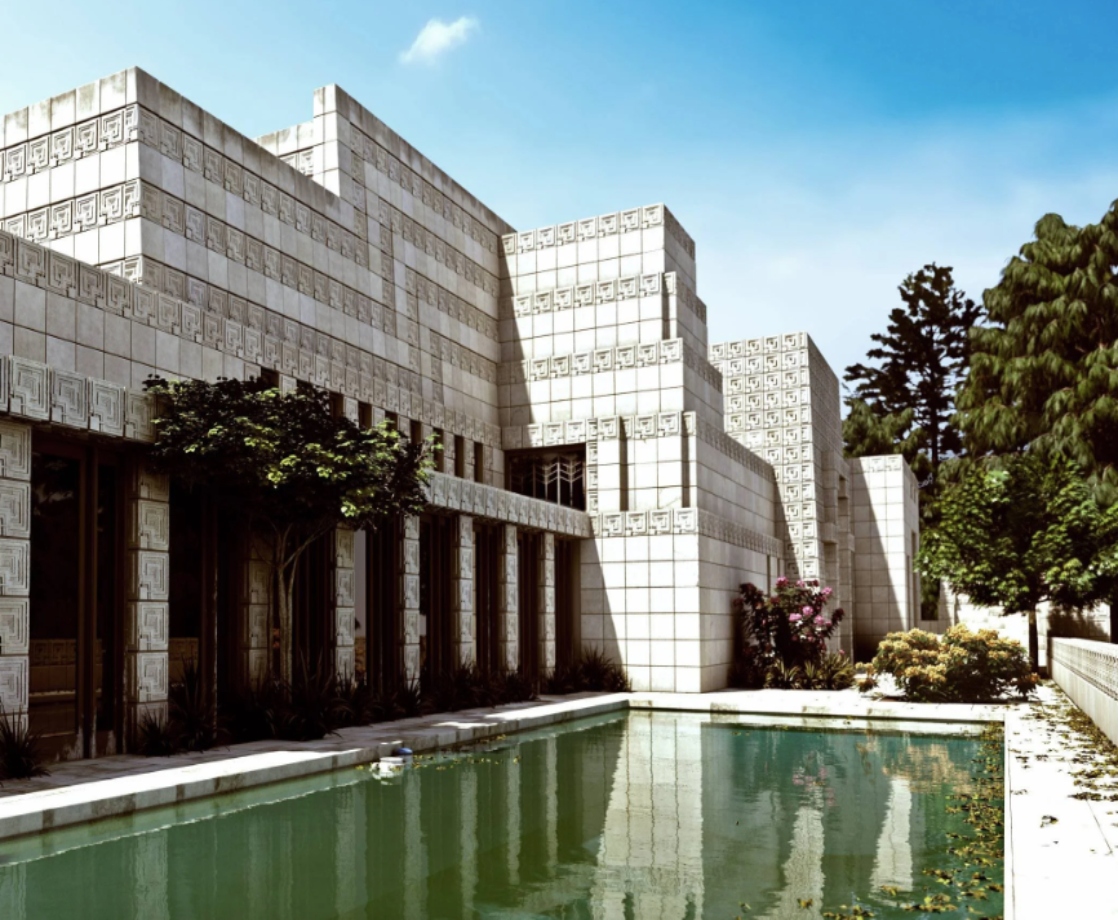Warning: May contain spoilers.
After the #OscarsSoWhite controversy of the past two years over the longstanding lack of diversity in Hollywood, the 2017 Academy Awards nominations, which feature several people of color, have been applauded for being a step in the right direction.
For the first time ever (this is the 89th ceremony), black actors have been nominated in every acting category. Not only that, but three out of the five Best Supporting Actress nominations are black women: three-time nominee Viola Davis (the first black actress to achieve that benchmark) for Fences; Octavia Spencer for Hidden Figures; and Naomie Harris for Moonlight. Barry Jenkins became the fourth black filmmaker to receive a Best Director nomination, for his film Moonlight, which is also up for Best Picture. Just as significant is that four of the five directors in the documentary category are also black: Ava Duvernay for 13th; Raoul Peck for I Am Not Your Negro; Ezra Edelman for OJ: Made In America; and Roger Ross Williams for Life Animated.
One can assume that these developments are, in part, a result of the Academy’s recent move to recruit new members, of which 46 percent are women and 41 percent are reportedly people of color.
Now, before people start claiming “racism is over” and start preparing a parade, let’s not get ahead of ourselves. While certainly commendable, there’s still room to be made for Latinos, Asians, and other people of color. Dev Patel, only the third actor of Indian descent to get nominated for an Oscar, did get a Best Supporting Actor nod for Lion, so there is an indication, at least, that Hollywood is somewhat aware that the lack of diversity is not just a black-and-white problem.
Having said that, another step that will hopefully be taken is having more films made where people of color are allowed to stand alone both in front and behind the scenes. Lion is based on true events, so the presence of a white family in the middle of a story about an adopted Indian kid makes sense. But there needs to be the willingness to make films about people of color that don’t rely on white supporting roles that could get in the way of the people of color’s story, or having these films necessarily be written or directed by white people.
It’s at this point that someone usually cries “reverse racism” at such suggestions, despite the fact that there’s a century’s worth of movies featuring all white people in major roles, with some films featuring white people playing non-white roles on screen. But, relax, nobody’s trying to take white people’s movies away. Best Picture nominee Manchester by the Sea, a fine piece of filmmaking, is drowning with white people, and nobody said it needed minority characters, because, frankly, it doesn’t.
But a film like Captain Fantastic, about a white family that shuns capitalistic society and opts to live in the wilderness, would have probably been a better film had they cast native people instead. No offense to Best Actor nominee Viggo Mortensen, a charismatic and capable actor who plays the father, but every time the white family, which includes the youngest child who wears a headdress made of animal carcass, cries out, “Power to the people!” and “Stick it to the man!” it’s cringeworthy. They also have no idea that the things they do in the film—like steal food from a supermarket or freely drink wine in a public park—would be far more dangerous activities if a black, brown, or indigenous family did it in real life because the law would come down on them in a heartbeat.
It’s also worth noting that while outstanding animated features like Moana, about a Polynesian heroine, and the socially aware Zootopia were nominated, so too was the Asian-influenced Kubo and the Two Strings, which was called out for white-washing. The director, Travis Knight, tried to talk down the accusations by claiming that the characters voiced by white actors weren’t even human, and that “most of the human characters are [voiced by actors] of Asian descent” like George Takei. This argument seems disingenuous considering [SPOILER] the main characters Knight refers to are in fact humans turned into a monkey (played by Charlize Theron) and a Samurai beetle (Matthew McConaughey), who we see in their human forms at different stages in the movie.
There also has to be a discussion of why films that take place in the Civil Rights era—Fences; Hidden Figures; and Loving, which features a great, understated performance by Ruth Negga—are rewarded over films like Straight Outta Compton, where only the white screenwriters got nominated. What’s the subliminal message here? Does Hollywood prefer the more “noble” protests of the ’60s over foul-mouthed, problematic rappers who nevertheless dealt head-on with issues of police brutality and freedom of speech?
But, for now, the 2017 Oscars Nominations are a good start. It’s going to take time and consistency for things to truly get better. Hollywood isn’t going to change overnight. It’s still predictable. Of course the Academy went gaga over La La Land, a good-some-might-say-so-so-but-definitely-not-great musical that snatched an overwhelming 14 nominations, probably to prove that the beloved genre ain’t dead. Well, if Hollywood shows the same amount of enthusiasm to combat racism, things will hopefully be alright one day.











